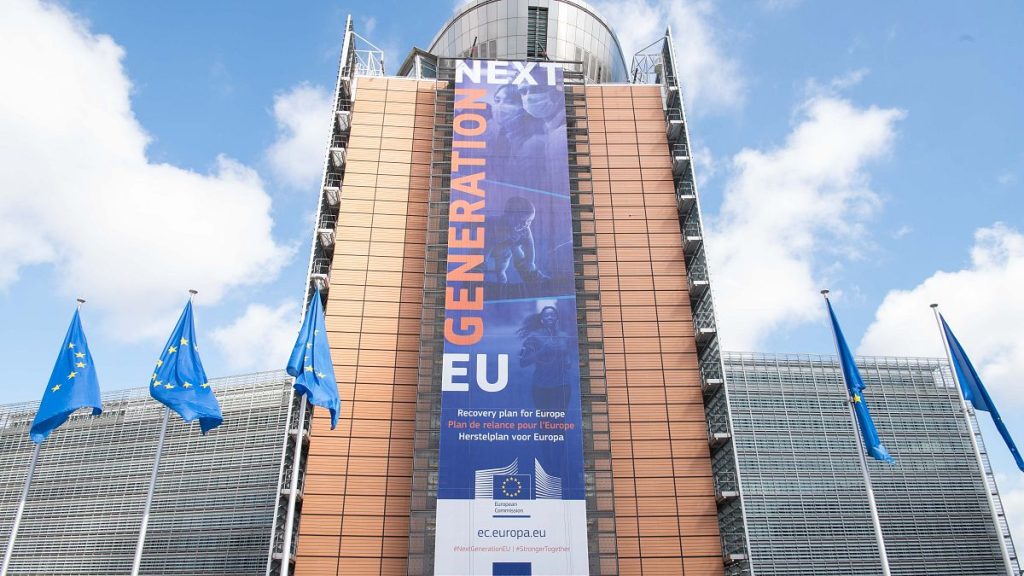MEPs have rejected proposed cuts to key EU programmes such as the Erasmus+ student mobility programme and the Horizon Europe research programme, signaling clear opposition to the proposed €1.52bn cuts by the EU Council. Leading lawmakers like Victor Negrescu have emphasized the importance of maintaining funding for these programs in order to meet citizens’ needs and respond to unforeseen events in the future. The disagreements between Parliament and the Council over the EU budget for 2025 are likely to lead to intense negotiations over the next three weeks, with a first meeting scheduled for 5 November. The Parliament is calling for unused funds from the EU’s multiannual budget to be used to finance citizens’ needs, rather than returning the money to member states as usual.
Negotiations over the EU budget for 2025 are expected to be politically contentious, with the Council seeking cuts to some EU programmes in order to exercise financial discipline. However, the Parliament sees these cuts as austerity measures and argues that the EU budget cannot be restricted by interest rates. Leader Victor Negrescu has emphasized the need for flexibility in the budget to address unexpected events and ensure that citizens’ needs are met. Hungarian Minister Péter Banai warned MEPs that the Council may not be able to accept all of the Parliament’s proposed amendments, urging a clear distinction between more and less important issues. The source of additional financing for the budget remains a topic of debate, with concerns raised about the potential impact on European taxpayers.
The Parliament and the Commission are closer on certain issues such as cohesion, agriculture, border protection, humanitarian aid, and defense. Outgoing budget commissioner Johannes Hahn acknowledged the Parliament’s proposals to enforce a large number of programmes, emphasizing the need for clear prioritization and concessions on both sides during negotiations. All three institutions – the Parliament, Commission, and Council – will need to reach a timely agreement by 18 November in order to finalize the 2025 EU budget by the end of the year. The negotiations are expected to focus on areas where meaningful adjustments can be made, in order to address the concerns raised by both the Parliament and the Council.
The upcoming negotiations over the EU budget for 2025 are set to be intense, with the Parliament and the Council at odds over proposed cuts to key EU programmes. MEPs have rejected the Council’s proposed cuts and called for more funding in order to meet citizens’ needs and respond to unforeseen events. The Council, representing member states and advocating financial discipline, is seeking cuts in some areas which the Parliament views as austerity measures. Both sides will need to find common ground and make concessions in order to reach a timely agreement by November 18. The source of additional financing remains a point of contention, with concerns raised about the potential impact on European taxpayers. Discussions will need to focus on areas where meaningful adjustments can be made to address the concerns of both institutions.


